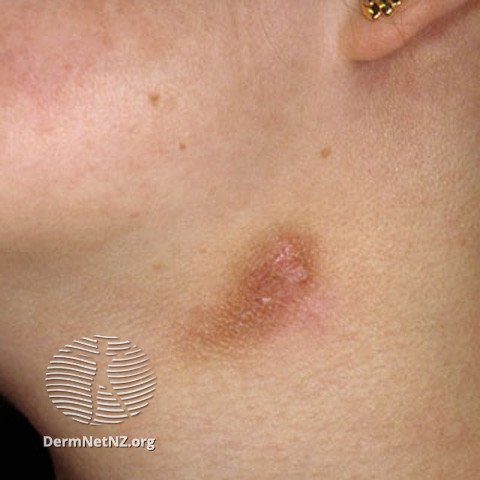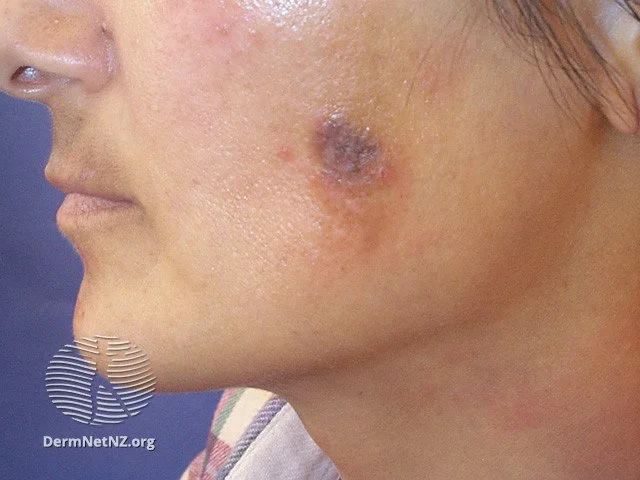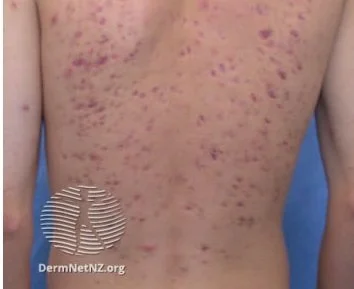
Post-Inflammatory Hyperpigmentation
What is Post-Inflammatory Hyperpigmentation?
Post-Inflammatory Hyperpigmentation, commonly abbreviated as PIH, refers to dark spots or patches that appear on the skin following an injury or inflammation. These patches are usually brownish and can vary in size and location, often appearing after acne breakouts, injuries, burns, or other skin conditions. Unlike scars, PIH doesn’t change the skin's texture but alters its color, leading to uneven skin tone.
What causes Post-Inflammatory Hyperpigmentation?
PIH emerges when the skin produces excess melanin (skin pigment) in response to skin inflammation or injury. Factors that can trigger or exacerbate PIH include:
Acne lesions, particularly cystic acne or those that are picked or squeezed
Physical injuries to the skin, such as cuts or burns
Certain treatments or procedures like chemical peels or laser therapy
Exposure to ultraviolet (UV) light, which can darken existing hyperpigmented areas
What are the symptoms of Post-Inflammatory Hyperpigmentation?
PIH manifests as darkened patches or spots on the skin that correspond to areas of previous injury or inflammation. These patches are generally flat, with their shade ranging from light brown to black, depending on the individual’s skin tone and the depth of discoloration.
How do I treat Post-Inflammatory Hyperpigmentation?
Addressing PIH involves a combination of preventive measures and targeted treatments:
Topical Agents: Products containing hydroquinone, glycolic acid, or kojic acid can help lighten PIH.
Retinoids: Topical retinoids, such as tretinoin, can accelerate cell turnover, aiding in PIH reduction.
Chemical Peels: Specific peels can help exfoliate the skin and reduce hyperpigmentation.
Laser Treatments: Therapies like Intense Pulsed Light (IPL) or fractional laser can target and break down excess melanin.
Microneedling: This procedure can stimulate collagen production and assist in fading PIH.
How do I prevent Post-Inflammatory Hyperpigmentation?
To minimize the risk of developing PIH:
Sun Protection: Wear sunscreen daily, as sun exposure can intensify PIH.
Avoid Picking: Refrain from picking at or popping pimples, which can lead to further inflammation and PIH.
Incorporate Skincare: Use skincare products designed to reduce inflammation and promote even skin tone.
Consult Professionals: Before undergoing skin treatments or procedures, consult with a dermatologist to discuss potential risks and benefits.
Post-inflammatory hyperpigmentation from acne can be severe especially in skin of color
Credit: DermNet NZ
In lighter-skinned individuals, post-inflammatory hyperpigmentation can leave pink or purple marks on the skin.
Credit: DermNet NZ



